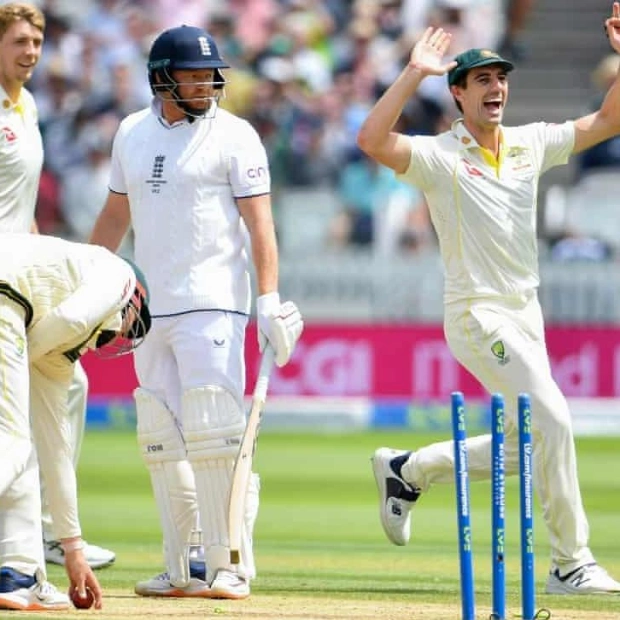UK police initiated a renewed search on Monday for the remains of a woman who was abducted and murdered over five decades ago, mistakenly identified as the wife of media mogul Rupert Murdoch. A specialized police unit, including forensic archaeologists, will conduct their third search at a farm north of London, following a revelation from one of the men convicted in the kidnapping case about the location of victim Muriel McKay's body.
The London Metropolitan Police announced that a no-fly zone will be enforced over Stocking farm, close to Bishop's Stortford, to safeguard the integrity of the search and respect the dignity of the deceased if remains are discovered. The brothers Nizamodeen and Arthur Hosein abducted McKay, aged 55 at the time, in 1969, demanding a ransom of £1 million, which is equivalent to approximately £14 million ($18 million) today, mistakenly believing she was Murdoch's second wife, Anna. The brothers, unaware that Murdoch had lent his Rolls-Royce to his deputy Alick McKay, Muriel's husband, were convicted of murder and kidnapping in a 1970 trial but had always denied killing McKay and withheld information about her burial site.
Nizamodeen Hosein served 20 years in prison before being deported to Trinidad, while his brother Arthur passed away in a UK prison in 2009. Last December, Nizamodeen provided McKay's family with a sworn statement detailing the body's location, expressing his desire for a clear conscience, as reported by the Murdoch-owned Times newspaper. He had previously stated that McKay died of a heart attack while watching a news report about her own kidnapping. McKay's grandson, Mark Dryer, informed BBC television that the current search will concentrate on an area behind a barn that has never been excavated before.
Dryer expressed that while the family would be disappointed if no remains are found, it would not be entirely unexpected. He emphasized the importance of searching, stating, "We haven't dug behind the barn, no-one's ever dug behind the barn." The search is anticipated to last approximately five days, though it may be prolonged.






